Vietnam's largest conservation center for rare dog species thrives
Ever since he was young, Tuan, who lives in Kien Giang Province in the Mekong Delta, has been going into the buffer zone of the U Minh forest to look for plants and animals and support his family. One day, when he got lost in the forest, he climbed on top of a tree to sleep, and his dog refused to leave his side.
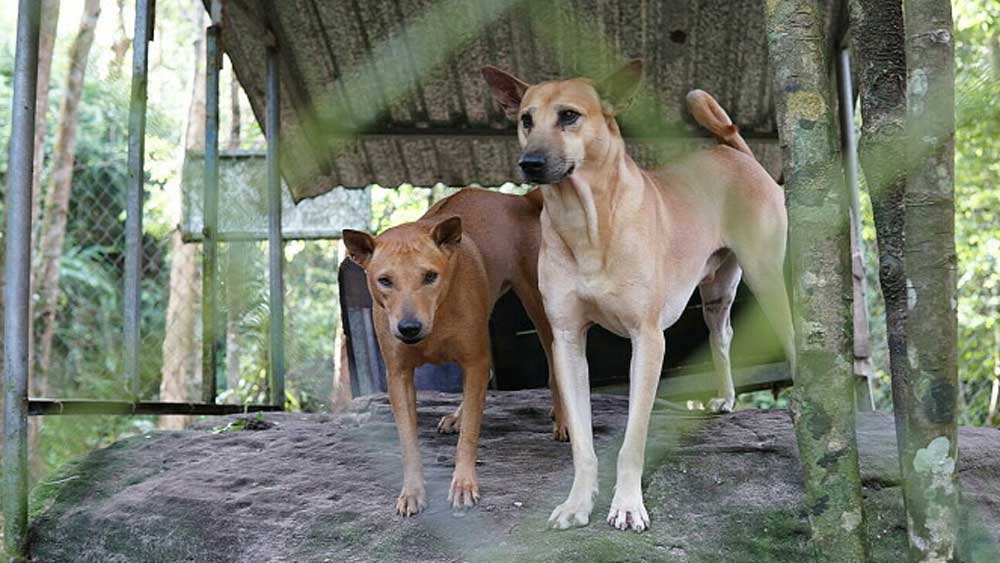 |
|
Two Phu Quoc Ridgebacks at a conservation center in Kien Giang Province in southern Vietnam. |
Since then he has been dreaming about finding rare dog species to conserve them.
Once after completing college he went on a business trip to Phu Quoc and learned about the Phu Quoc Ridgeback and its unique characteristics like webbed feet, dorsal ridges and great swimming expertise, and decided to protect this species.
In 1999 he bought 2,000 m2 of land in Phu Quoc for VND200 million (US$8,270) to set up a farm and looked for purebred puppies.
He announced rewards of VND10,000 for motorbike-taxi drivers for pointing him to places where good breeds of dogs could be found, and double for bringing dogs to the farm themselves.
He even persuaded abattoirs to sell him pregnant dogs and puppies for high prices.
The farm managed to raise hundreds of dogs within a short amount of time, but a disease swept through it and many died.
After several such failures, Tuan went bankrupt, and his house was about to be auctioned by the bank.
"People said I was crazy, that I was trying the impossible," he recalls.
In September 2003 he borrowed money from an acquaintance, telling himself that the investment would be his "last battle."
He acquired a pack of 30 dogs and raised them separately in eight areas. Despite careful attention to their food and medicine, only 18 remained alive after two months.
From his daily observations, he realized that the key was to not let the Phu Quoc Ridgeback eat too much or fatty food and not give puppies weighing less than six kilograms food with bones.
He thinks since the Phu Quoc Ridgeback was originally wild and living in forests, their instincts make them consume food quickly without chewing it like their domestic counterparts, and so suffer from gastrointestinal issues.
He finally collaborated with scientists to research into and conserve genes from Phu Quoc Ridgebacks on the island.
His farm has now grown to 6,000 m2, and Tuan also leases 4.8 ha of forest lands for what is the largest conservation center for the dogs in the country.
The farm is divided into several areas, each managed by a trainer. The dogs are raised in pairs, allowing them to dig nests and raise their young.
In the afternoons they are allowed to go into the forest for a while. The 400-odd dogs are fed twice a day on a diet of rice and fish.
They are also vaccinated regularly.
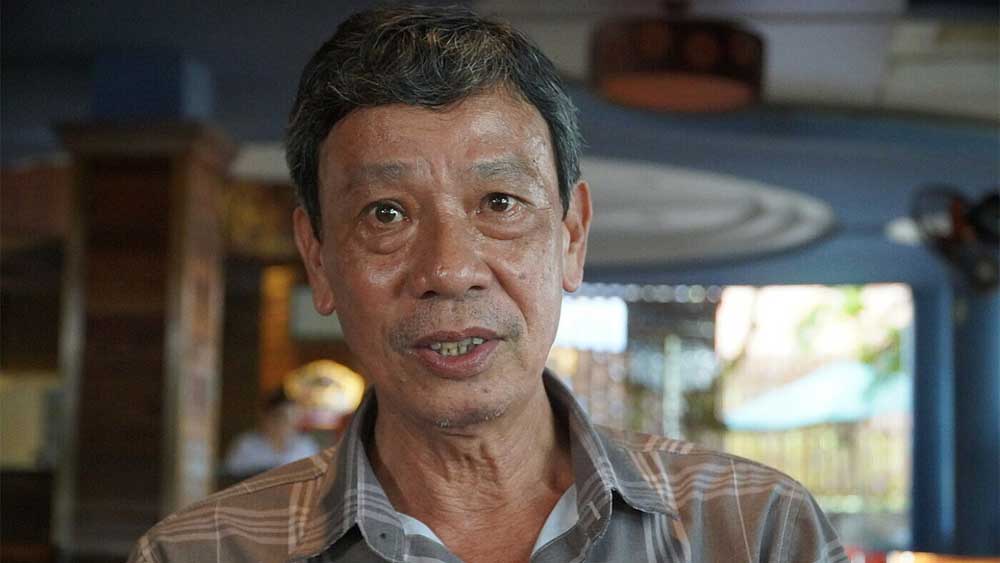 |
|
Le Quoc Tuan talks about his dog conservation center in Kien Giang Province. |
The trainers say most of the dogs are very smart but do not always perform on demand. Since they are not punished during training, they have to look for talented dogs that are willing to cooperate with humans.
During the peak time, the center gets 2,000 visitors a month, and entry tickets cost VND50,000. Thus, even with the lower numbers now after Covid, it makes enough money for salaries and the dogs' upkeep.
The farm also gets revenues from the sale of puppies, but Tuan says he only sells 30% of them at any time.
He is also happy to know that the number of dog meat restaurants in Phu Quoc has reduced markedly from 21 to only a few now.
The Phu Quoc Ridgeback is endemic to Vietnam, and has lived for a long time on Phu Quoc Island, according to the Ministry of Science and Technology.
Source: VnExpress
 Bắc giang
Bắc giang






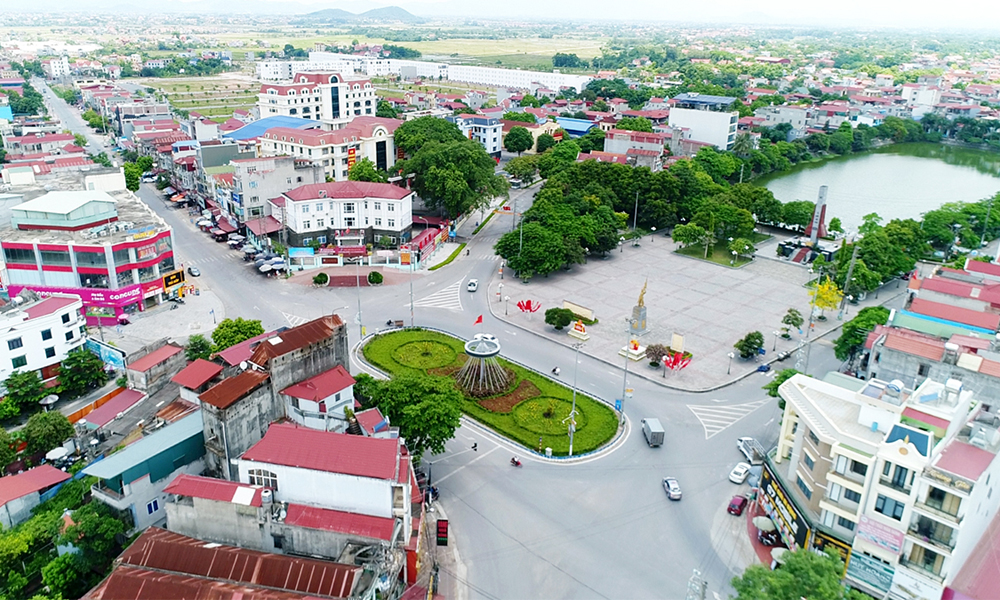

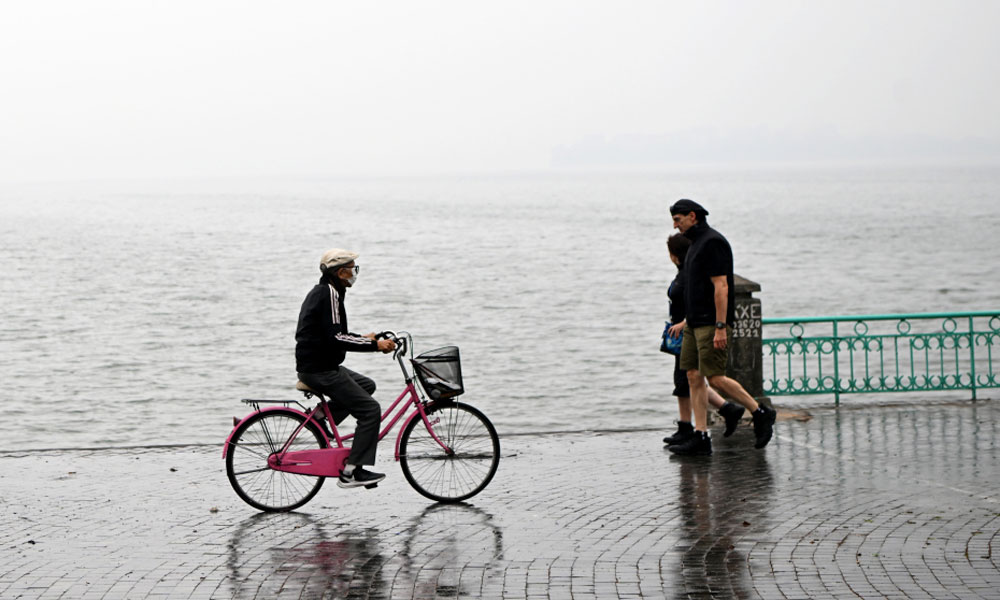




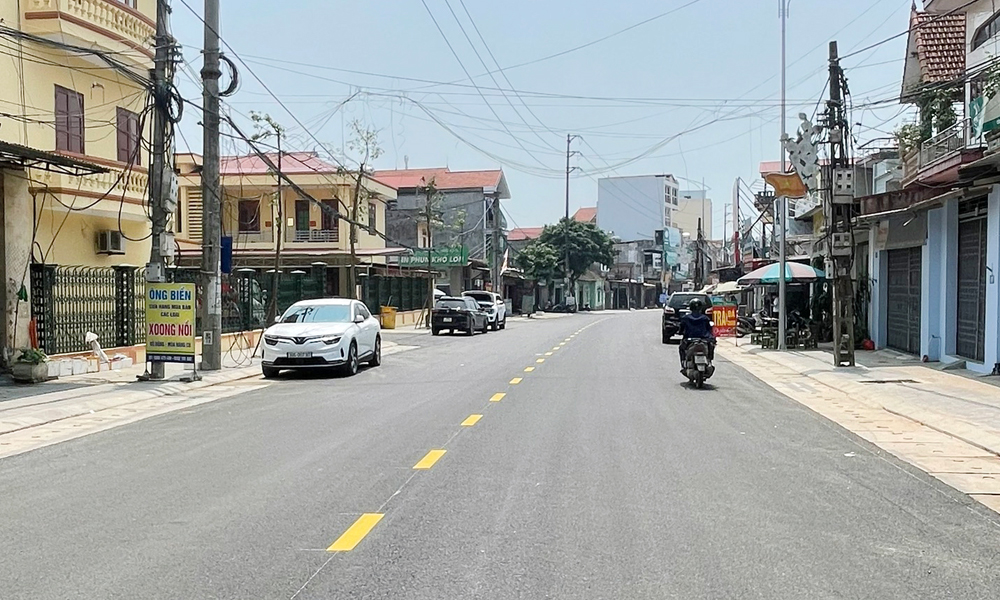

Reader's comments (0)